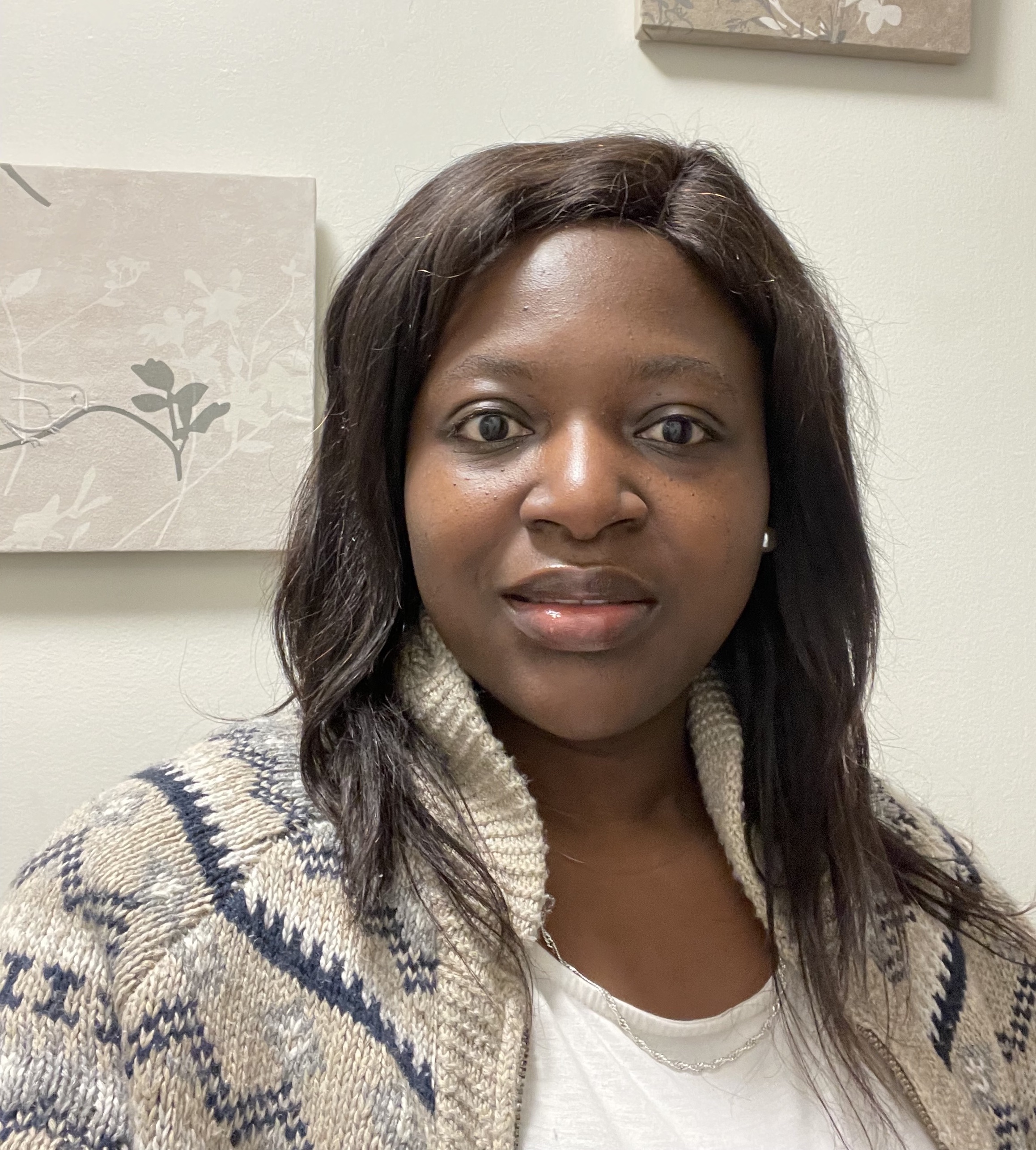The Black Studies Research Institute is Here!
March 23, 2023
Ěý
The Black Studies Research Institute has formally been approved – and the work has begun. The Black Studies Research Institute will support interdisciplinary and transdisciplinary research and scholarship within and through all disciplines, specifically highlighting sciences, technologies, engineering, mathematics and medicine (STEMM). Black studies – epistemologically, ontologically, and axiologically has a place in the sciences and offers new modes of thought, practices and protocols. And as such, Black studies’ interdisciplinarity analyzes, synthesizes, and harmonizes links between disciplines into a coordinated and coherent whole. And also, Black studies’ transdisciplinarity integrates the natural, social and health sciences in a humanities context, and transcends their traditional boundaries. This is the first institute of its kind in the Atlantic region and the first Black Studies research institute to focus on science, technology, engineering, mathematics, and medicine (STEMM) in Canada.
Black studies both addresses the epistemic dilemma Eurocentrism makes of Blackness while also understanding Blackness as relational - situating Black activism and intellectual life as intricately connected. Yet, discussions of Black studies have generally been excluded from the fields of science and medicine. Anti-Black racism in the sciences, in their histories, discourses, applications, and education have caused and continue to cause racial harm. The Black Studies Research Institute will confront these realities and support research that provides transformative interventions and Black methods to move forward.
Specifically, the Black Studies Research Institute will facilitate and support the development of research clusters, focused on STEMM, and related to African Nova Scotian/Black Scotian Histories, Traditions and Methods of Knowing; Black Feminist, Queer and Trans Studies; Black Disability Studies; Black Innovation Pan-African Social and Political Thought. And, importantly, the Black Studies Research Institute prioritizes the expertise of researchers and scholars, both inside and outside of the academy who are Black – people of African descent, African Nova Scotian/Black Scotian peoples, Afro-Indigenous peoples, Caribbean, and other diasporic African/Black ancestries. Overall, the research institute encourages faculty to work together within and across disciplines, through these trans/interdisciplinary approaches.
In April 2022, I became the Interim Director of the Black Studies Research Institute and I am very excited about the future of this important and timely endeavour. I am joined by the Research Institute Coordinator, Benedicta Asante, and Research Assistants, Maya Lowe and Ashley Preston. You can read a bit more about their backgrounds. Please join me in welcoming them. And stayed tuned for further exciting developments of the Black Studies Research Institute.
Benedicta Asante (she/her), MPH, Research Institute Coordinator

Benedicta Asante’s research interest grapples with issues related to race, racism, and the intersections between victimization and criminalization and is informed by critical race theory, critical race feminism and anti-racism. She has over 8 years of experience working as a counsellor and front-line worker with diverse populations including women who experience domestic violence and individuals in conflict with the law. Benedicta was actively involved in various initiatives within the University of Calgary and Saskatchewan and across various communities that centre Black people’s experiences and perspectives and confront anti-Black racism. Driven by the opportunity to effect change through the Black Studies Research Institute, she brings with her a wealth of research experience which promotes equity in health for Black communities through rigorous, interdisciplinary, innovative research and community and social engagement.
Maya Lowe (she/her) BAScH, Research Assistant

Maya Lowe is in her second and final year of the Master of Arts in Health Promotion program at Dalhousie where she is exploring medical experiences of Black transgender and gender diverse people in Nova Scotia. She is originally from Toronto, moved to Nova Scotia for university, and has African Nova Scotian heritage with family from Glace Bay. She graduated from StFX University with a Bachelor of Arts and Science in Health with First Class Honours. Maya moved to Halifax in 2021 and has worked with several research labs on health-related research projects with topics spanning from trauma-informed opioid use disorder treatment, self-blame among sexual assault survivors, and public health communication. Maya previously worked for one year as a research assistant for the James R Johnston Endowed Chair before shifting her focus to the Black Studies Research Institute. Maya volunteers at a non-profit community-based opioid treatment clinic in Halifax, where she is gaining hands on patient care, community health, and clinical experience. Maya is passionate about health equity, patient-oriented, and community-engaged research.
Ashley Preston (she/her) BSc, Research Assistant

Ashley Preston is a graduate student pursuing a Master of Arts in Health Promotion at Dalhousie University where she aims to explore the African Nova Scotian mother-daughter relationship and its role in the physical activity and health behaviours of African Nova Scotian adolescent girls. Ashley has a strong connection to her African Nova Scotian roots, which began in Beechville and Halifax. She is originally from Halifax and moved to Wolfville to complete her studies and graduate from Acadia University with a Bachelor of Science degree in Psychology (Neuroscience). Alongside her graduate studies, Ashley is a Project Manager at the Delmore “Buddy” Daye Learning Institute where she works to advocate for the enhancement of hairstylist service delivery in Nova Scotia to meet the needs of our Black/textured hair community. She is also working as a Teaching Assistant within the School of Health and Human Performance at Dalhousie University. Ashley is motivated to advocate for culturally sensitive health service delivery in Nova Scotia, community engagement and the assurance of equitable access to health care services in Nova Scotia.
